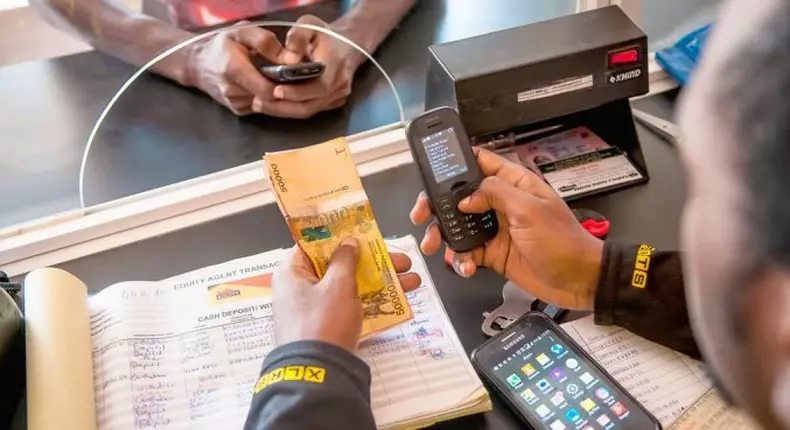How digital payments can transform a small business into an international one
Since the time of early man, human beings have traded amongst themselves. We started with barter trading where a hunter exchanged hunted deer with a gatherer for vegetables and vice versa. Over time, this early form of trading evolved into a bustling world of commerce with an almost endless variety of goods and services available for purchase.
Businesses of various forms and sizes sell goods and services. However, the most common is the “Small Business”.
The American Society for Quality (ASQ) defines a small business as a privately owned corporation, partnership, or sole proprietorship that has mostly one owner and deals in a limited market space.
In the African setting, a small business may be defined as a seller down the street who imports shoes from Europe and sells them to students or a caterer who takes food orders from customers and does home deliveries.

For the longest time, most small businesses catered to a limited local clientele or those in their immediate environment due to the lack of infrastructure to accept payments remotely through digital means, nationwide delivery services and the internet which connects everyone.
However, in this 21st century, the story is different and small businesses now have unlimited possibilities they can tap into by taking advantage of digital payments.
What are digital payments?
Digital payments refer to the transfer of value from one payment account to another using a digital device such as a mobile phone, POS (Point of Sale) or computer, or a digital channel communication such as mobile wireless data or SWIFT (Society for the Worldwide Interbank Financial Telecommunication). This definition includes payments made with bank transfers, mobile money, and payment cards including credit, debit and prepaid cards.

Utilization by Small businesses
Now here is where it gets interesting for Small Businesses. A small business that does not limit itself to receiving payments in cash can sell to customers and markets beyond its immediate environment by leveraging digital payment.
For example; A small business owner can accept payments for goods and services from customers in another region through card payment processing on a website instantly and securely.
In other instances, business owners with a POS machine can accept payments from customers who walk into their shop with bank cards.
This ability to receive payments from multiple channels, and make sales to customers far away and in some cases in different countries is what can transform a small businesses into an international one. This also brings in the benefits of allowing small businesses to earn in foreign currencies and treating the entire world as their potential market.
Oze + Small business = Win
Small businesses accepting digital payment can utilize a business app like Oze to ensure their business transactions (sales and expenses) are being recorded and tracked in a way that is easy and accessible.
Now, what is Oze you may ask?
Well, Oze is a bookkeeping app that allows all businesses especially small and medium-scale businesses to keep consistent records of their business, become creditworthy and get access to collateral-free business loans.
Oze also allows small business owners to add payment links to their invoices and send reminders to customers who may have bought an item on credit.
Oze is on a mission to supercharge small businesses with simple tools, smooth payments, access to capital, and a digital store.
And so with the power of digital payments and Oze, any small business can become an international growing and profiting business.
Are you ready to win?
Download the Oze Business App here: Andriod Devices / Apple Devices

